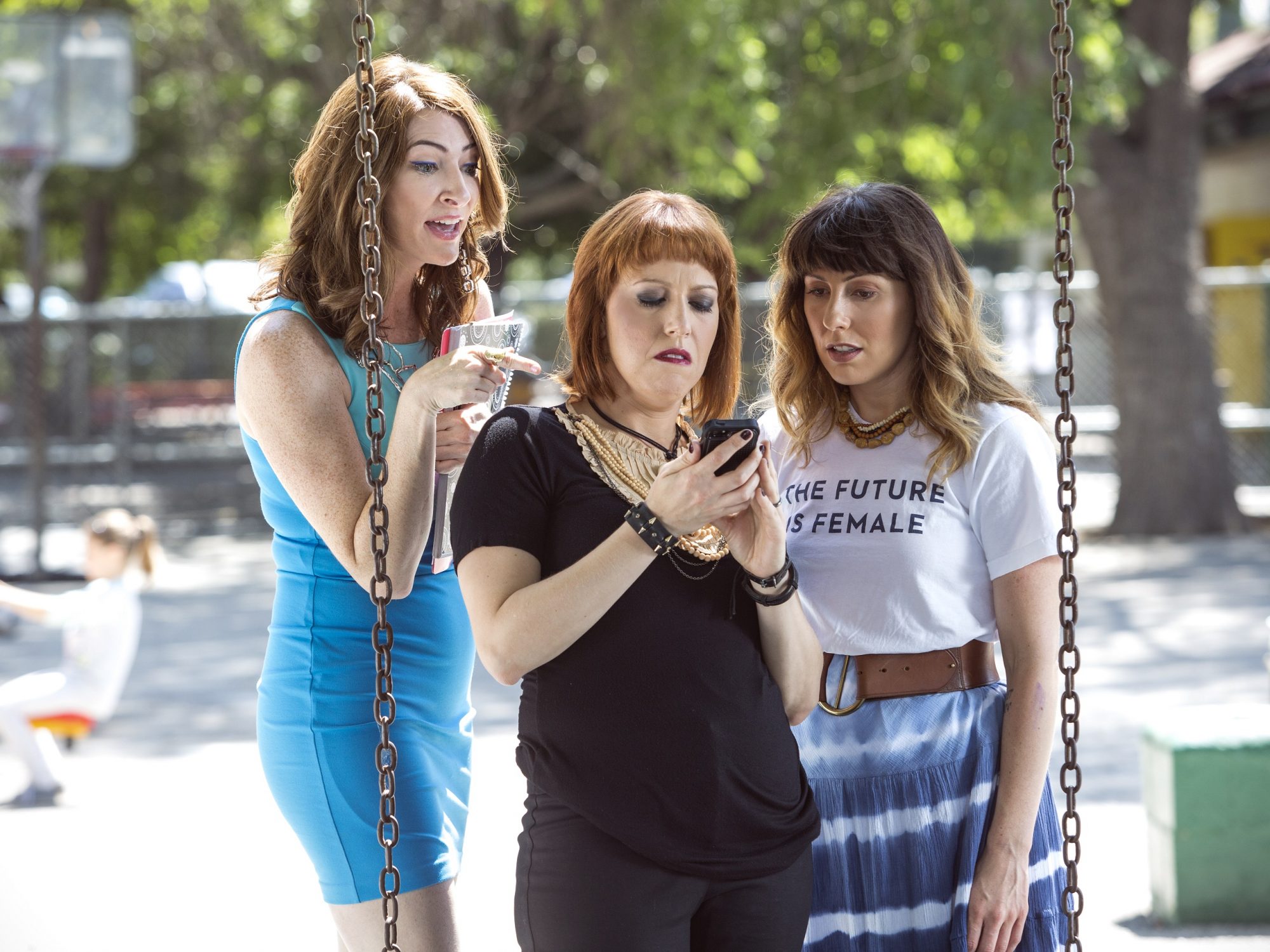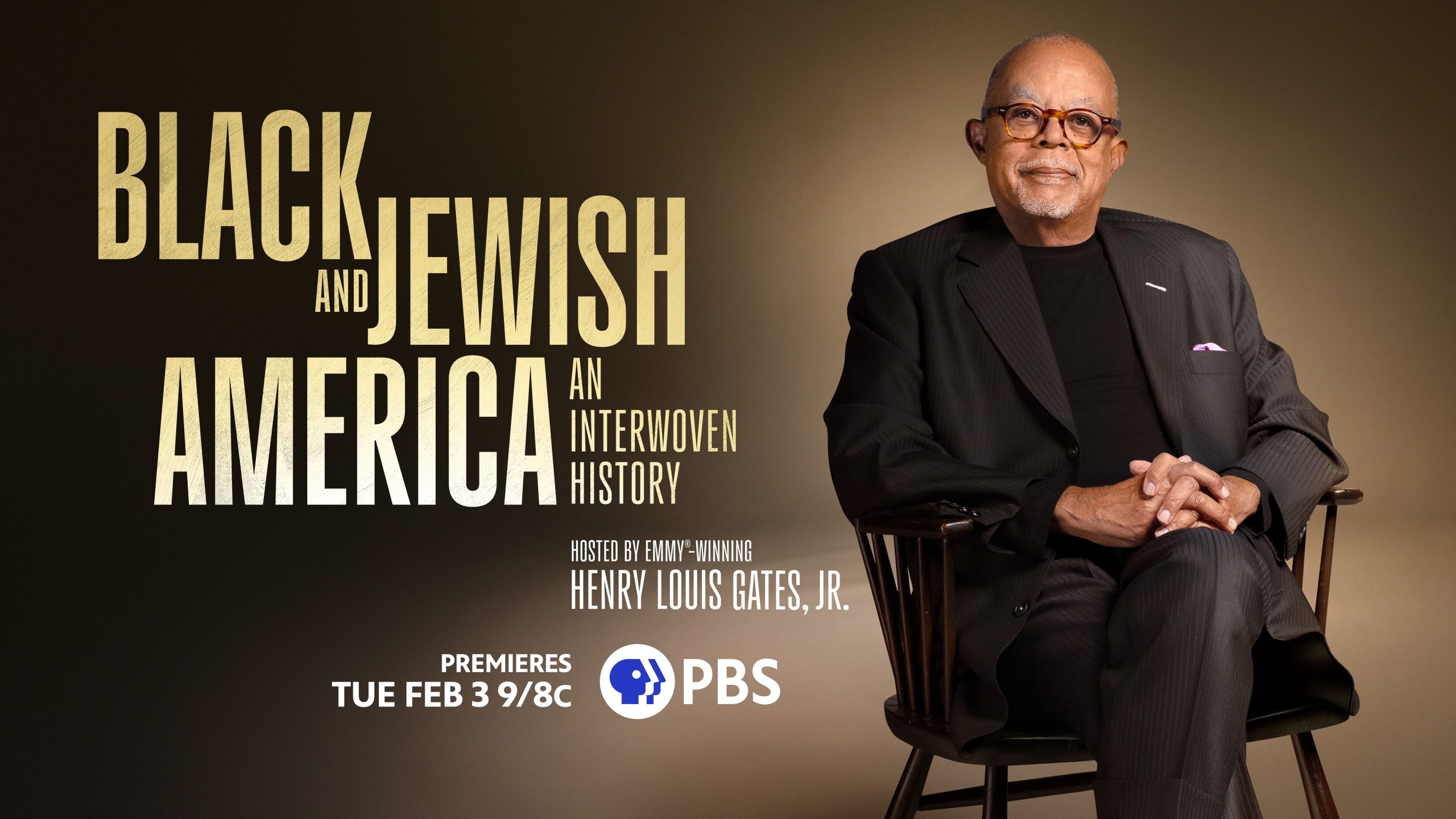
Teachers multi-hyphenate Kathryne Renee Thomas spoke with me over the phone as the cast and crew were preparing to film the final seven episodes of the season.
Danielle Solzman: How are things treating you out west?
Kathryn Renee Thomas: Things are good. We’ve been super, super busy. Just trying to get everything in order. We’re starting to film the last seven episodes on Monday. We’re trying to get the last pre-production stuff we can do for that and editing some episodes that we still have left in the first ten we shot, casting, and getting writing done. All kinds of things are going on. It’s good. It’s a little overwhelming but it’s good.
Solzman: When did you realize you wanted to go into comedy?
Thomas: Oh, man. It’s funny. I was such a comedy nerd all through my childhood and teenage years. I remember in third grade, one of my friends would have us over at her house and we’d watch Saturday Night Live. That was in the era of Mike Myers, Phil Hartman, Dana Carvey, and Melanie Hutsell. All those guys. I really fell in love with that then. I was kind of a character as a kid. I use to dress up a lot and we started watching SNL. We started re-enacting these sketches in my front seat, in front of our parents, and all the stuff like that. I really became a big comedy nerd in high school.
When I went into college and the theater department, I really focused on I think it was this idea that I had to be the straight, very dramatic actor. Like that to be an actor, you had to be a certain way. I kind of wadded into the theater department like wait until actors do this. I was kind of cuckooing comedy but then I felt like I started getting cast in all the comedy roles. When I got out of school, I started taking improv and sketch classes at Second City. I said then that this is where I was meant to be. This is where I was meant to fit in. It’s always been a big part of my life but I think it wasn’t until after college that I was like, ‘Oh, this is what I need to do.’
Solzman: How did your improv experience in Detroit differ from that of Chicago?
Thomas: Well, you know, when I started doing improv in Detroit, Second City had been there for a while and they had just moved to the suburbs. They actually moved to the suburb that I went to high school in. I started doing improv there and it was a much smaller community than that of Chicago. I got involved in smaller theaters. There was a theater—it’s closed, now—but it was called Improv Inferno. A couple people from Chicago had opened it. It was Dan Izzo and Sabrina Harper. Dan and Trish Izzo had moved to Ann Arbor and opened a theater. I got very involved there and I got very with the Planet Ant Theater in Hamtramck, which Keegan-Michael Key, Josh Funk, Maribeth Monroe (inaudible). I feel like the community there was so small that I got to perform there a ton and I kind of climbed the ranks super fast there.
When I went to Chicago, it was amazing. You still had a ton of opportunities to perform but I feel like I never really quite had the clubhouse feeling that I did in Detroit. I felt like I really belonged in some of those theaters in Detroit like this was my home and I could go there any night of the week and feel like these were my people and this was my place. I never 100% felt that in Chicago. But Chicago is great because I got way more perspective on improv and way more training philosophies. I got to perform with way more people which was definitely a great way to learn.
Solzman: Has there been an instructor who has had the most meaningful influence on your career?
Thomas: In Ann Arbor, Dan Izzo was, I think, the first one that, for me, really made me go—this was something that I really connect with. He was a strong—his background was a lot in the Annoyance but he did all the theaters in Chicago when he was there but the Annoyance was his home theater. There was something in his philosophy about the kind of come-from feeling that he put out there that I really connected with.
I was planning on moving to New York after a year in Detroit after graduation. I was just kind of making these excuses not to move to New York and Dan offered me my first real gig at his theater in Ann Arbor. That was kind of the thing that made me go I’m not moving to New York. That’s not right for me right now. I’ll stay here in Ann Arbor and improvise in Detroit. Dan influenced me a lot
When I was in Chicago, there were so many great teachers in Chicago. I think that Jason Shotts was one of my favorite teachers in Chicago. I learned a ton from him. Also, Susan Messing, of course, inspired me to be a bad-ass woman and not take shit from anybody. I’d have to say that they were some of my favorites in Chicago.
Solzman: How similar are you in real life to your character, Deb Adler, on Teachers?
Thomas: I have a little Deb in me. When I created the character, I based her on the 16-year-old angsty Katie Thomas that I was. I was in an upper middle class suburb of Detroit. It was very homogeneous, very like white, Christian. Everybody dressed the same. I was in this group of the gay kids and the punk kids, the goth kids, the hippy kids that kind of got lumped into this alternative group. I think I took it upon myself to be the crusader for the under heard and thought I was very punk rock, very goth, very alternative, which is funny because the whole time I was a really good kid, a straight A student, didn’t do drugs, (in audible) with my parents, I was so angsty. I thought wouldn’t it be funny if I never grew out of that and became an adult that was still the same way? I really inspired it on had I never grown out of that phase. There’s still a little things in me. I could be very dry. I could be very protective. I can sometimes have a short temper. There’s some things there of Deb.
Solzman: Like the rest of the cast, you also write in addition to performing. Is writing something that comes easy for you?
Thomas: I wouldn’t say it comes easy to me. I think my experience with improv certainly has made it a lot easier. I think that knowing the kind of format and the formula for a joke in comedy is something that I learned during improv—what you can do, comedic timing, getting it set up, the punchline, and the payoff is something that became clear to me in improv. I think also my acting background having gone to theater school was very helpful. I write from a character-centric point of view. I tend to focus more on the character and their psychology than I do maybe writing the perfect joke. I think that the strengths and weaknesses. It’s never easy as it seems like it could be. That’s what keeps it interesting.
Solzman: Who is someone that you would like to work with some day?
Thomas: Oh, gosh. There’s so many. I think that it’s always changing but I feel like in a more big comedy world I think like Ricky Gervais would be someone that I’d love to work with. I think that he’s like a genius. I love his style of comedy and I really connect with it. I have ever since I saw the British Office. I feel like he seems like a really strong, opinionated human being whose point of view matches mine on a lot of things. Something about him taking no shit resonates with me. The other people that I always think about how I would love to work with—some of the more indie-style mumble core directors like Jay and Mark Duplass. I think that their style of writing and filmmaking and TV making resonates with me because it always seems to be very grounded in reality, emotion, and relationships. It doesn’t try to be anything that’s bigger than it is. They’re very into the psychology of people, how they behave in a relationship that—my mom’s a therapist—so I think I grew very interested in what makes people act the way the way. I think their pieces really go there. That’s a kind of different route that I’d love to work in.
Solzman: What do you tell young comedians starting out when they ask you for advice?
Thomas: I think my biggest thing is—and I still need to walk the walk a little on this one—is not letting anyone tell you what you should or shouldn’t be or what you can or can’t do. I think that I have spent a lot of time worrying about who was casting me or and wasn’t casting me—what it meant when I wasn’t cast. Listening to people say things about my type and what that meant for my career, and getting very upset about rejection. I really feel like Teachers and The Katydids whole career came out of us not getting cast in the things that we wanted to be cast in. We were not cast in a ton of things in Chicago. We were not cast on Second City Mainstage. We were missing these opportunities and so we did our own thing and we came really far. So I think it’s having faith and you commit to something that you’re really passionate about and work really hard—you can get there and not letting anyone else mold you into something that your not.





